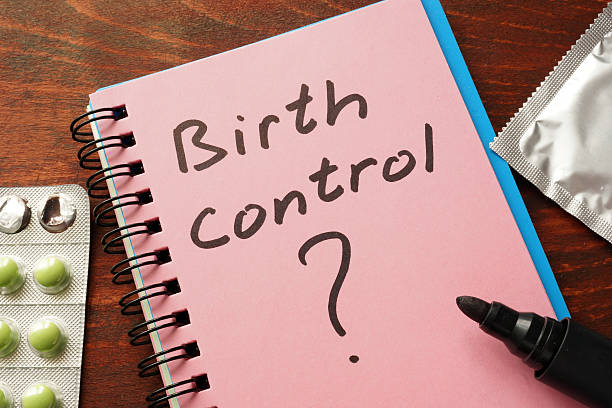The NHS[1] is distributing the contraceptive implant in schools “like Smarties”. In 2015/2016 and 2016/2017, 10,593 girls under 16 years old (with an NHS number) were given a contraceptive implant including 39 girls aged 12 and under. These figures do not include girls who have not yet been given an NHS number (no treating physician), so the real figure is probably grossly underestimated.
The devices are implanted in the upper arm and release a steady dose of the hormone progesterone. They are effective for up to three years and, according to health officials, play a “crucial role” in reducing the teenage pregnancy rate in the United Kingdom.
This approach can be seen as encouraging young girls to have sex—which is illegal because they are under 16. “The government needs to wake up to the fact that a casual attitude towards underage sex is exposing children and young people to the risk of sexual exploitation” laments Mark Bhagwandin, from the charity Life.
Patient confidentiality laws also mean that parents are not informed. Sir Roger Gale, Conservative MP for North Thanet in Kent, where implants are offered in schools, explained: “My fundamental objection is that this is being done through schools without parental consent. We have to remember that the child is having underage sex and that is against the law. I believe very strongly that there is a thing called parental responsibility and parents have a right and a duty to know what is being done to and for their children”.
The scheme cost approximately one million pounds over two years.
The number of young girls receiving an implant has more than tripled in ten years: 4,676 girls under 16 in 2016/2017 compared to just 1,400 in 2006/2007.
However, there is a high risk of side effects including mood swings, constant menstrual bleeding, headaches and weight gain. In rare cases, the devices have travelled through to blood vessels and ended up in lungs or major veins.
[1] National Health Service.
Daily Mail, Sophie Borland et Rosie Taylor (13/04/2018)

